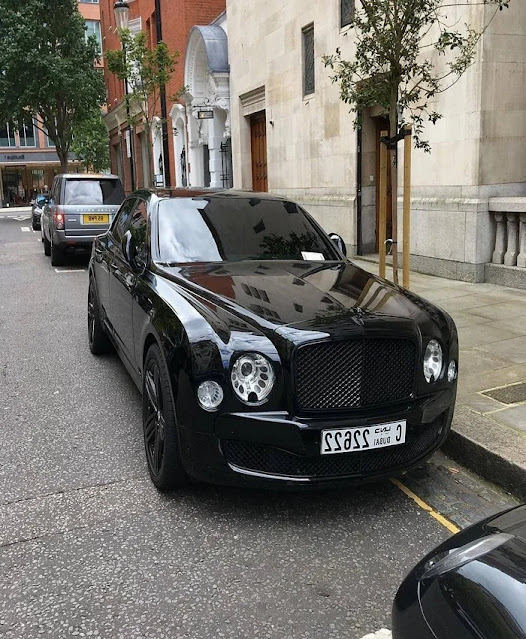I Need Full Coverage #CAR INSURANCE
If you lease a new or used vehicle, the company that you are renting the car from will usually require you to carry full insurance coverage. Also, if you buy a new car and are financing it, the bank that is loaning you the money will often require you to have full coverage on the vehicle. Full coverage car insurance is also somewhat misleading as there is no such insurance that is full coverage — in the sense that it covers every single event. Instead, “Full Coverage” in insurance parlance is used to describe some combination of comprehensive, collision and liability insurance.
It depends on your situation, but not everyone needs full coverage car insurance. While full coverage is excellent to have since usually do not have to worry about paying anything out of pocket after you have paid your deductible, not all vehicles to warrant the extra expense. If you are on a budget or have an older car, full coverage is expensive and may not make financial sense.
Do I need full coverage car insurance? You are required to have liability insurance or some other proof of financial responsibility in every state. Coverage comes in varying levels, from the mandatory minimum to as much as $500,000. You as a car owner are on the hook personally for any injury or property damage beyond the limits you selected.
There is no car insurance policy called "full coverage" that will cover every conceivable situation that happens to or with your car. 1 Be wary of any insurance agent who claims otherwise. Generally, full coverage is a combination of different kinds of auto insurance coverage as required by your state or circumstances.
However, if you are driving a much newer vehicle, your lender requires full coverage or if you would be in financial hardship without the coverage in an accident, full coverage is the best choice. There is no across-the-board right or wrong answer about when you can or should drop full coverage on your car. Average full coverage insurance on a used car costs $148 per month, but you don't need full coverage insurance on your used car if you don't want it. States only require minimum liability coverage, and you can find cheaper rates for liability than full coverage.
The exact amount of coverage you need to get confuses a lot of people. That’s because there’s not an easy one-size-fits-all answer. In this article, we’re going to look at three common scenarios concerning home ownership and assets to answer the question of, “How much car insurance do I need?” Here’s how much car insurance you need
For everyone else, you’ll want additional coverage! What Is Full Coverage? Full coverage is comprised of two types of coverage: Collision insurance; Comprehensive insurance; Collision insurance is just what its name suggests: It protects you when you’re behind the wheel and cause damage through a collision with another vehicle.
What is full coverage auto insurance? Before we go any further, it's important that you understand what full coverage means. So, let's do a quick recap on what, exactly, insurers mean when they use the phrase “full coverage.” A full coverage policy includes liability insurance, as well as the optional coverages of comprehensive and collision.
You need full coverage when a bank lends you money on a car because your lender needs to know that you’ll be covered if the car is totaled in an accident. And because new cars depreciate about 20 percent in their first year, you’ll probably want to pick up loan or lease gap coverage insurance, too. That means the owner lessor has coverage requirements like $100,000/$300,000 for optional bodily injury and that the lessee (you) are required to have “full coverage“. Do I Need Full Coverage if I’m Buying a New Car? Yes you must carry full coverage on a new car (if the vehicle is being financed).
“Some agents use ‘full coverage’ as a shorthand way to describe auto policies that only meet state minimum limits for coverage,” says Jonathan O’Steen, personal injury attorney and partner at O’Steen & Harrison LLC. “True full coverage would provide unlimited protection for all losses arising from an automobile accident.”
Car Insurance Coverage Calculator. Not all car insurance coverage is the same. Many people overpay for coverages they don’t need, while others don’t have enough coverage but don’t know until it’s too late. This tool will help you decide what coverage options you need. What is full coverage car insurance? There’s no standard definition of full coverage car insurance, as car insurance should be customized for every driver. Often, lenders and leasing companies refer to full coverage auto insurance as coverage that combines liability and physical damage together.
Who needs full coverage auto insurance the most? The best way to determine if you need full coverage car insurance or not is by looking at a few examples: If you’re still making car payments, your lender will require you to have full coverage insurance. It’s a condition of obtaining the loan in almost every case. If I Have Full Coverage Do I Need Rental Finance New Car Auto Insurance On A Car From A Buy Here Pay Here Enterprise
